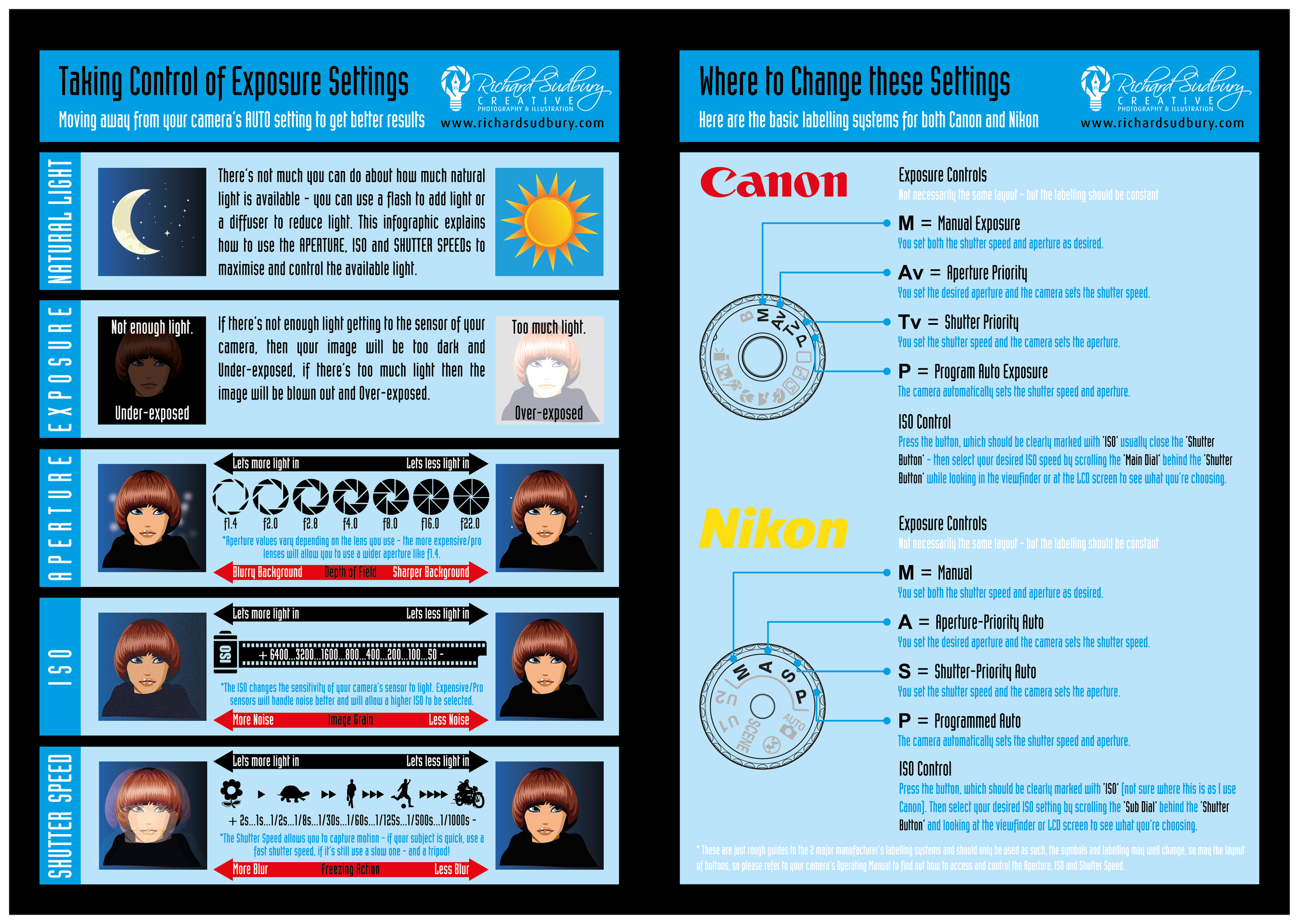Usual Errors New Photographers Make And Exactly How To Prevent Them
Usual Errors New Photographers Make And Exactly How To Prevent Them
Blog Article
Article Created By-Morris Barr
As a brand-new professional photographer, it's simple to obtain caught up in the attraction of premium gear and neglect the fundamentals that genuinely elevate your craft. You could find yourself discouraged when your images do not mirror the vision you had in mind. Typical mistakes, like neglecting illumination basics or overlooking composition concepts, can hold you back greater than you understand. However comprehending these risks can change your technique. Allow's explore these blunders and just how you can avoid them to improve your digital photography journey.
Disregarding Lights Principles
Disregarding lighting basics is one of the largest mistakes new photographers make. You may believe that recording a great picture is all about your camera setups or the current gear, yet the reality is, lighting is important. Appropriate illumination can raise your photos from ordinary to magnificent, and understanding it can conserve you from plenty of missed out on opportunities.
First, take notice of all-natural light. The gold hours-- soon after sunup and before sunset-- use soft, flattering light that enhances your subject. Stay clear of rough lunchtime sun, which can cast uncomplimentary shadows. If you're firing inside, place your subject near windows to capitalize on diffused light.
Next off, find out to manipulate synthetic lighting. Experiment with different sources, like lamps or outside flash. Use reflectors to bounce light back onto your subject for a softer result. Do not forget that darkness can add deepness; accept them rather than shying away.
Ultimately, practice changing your camera setups according to the lights conditions. Understand exactly how shutter speed, aperture, and ISO interact to achieve the preferred direct exposure.
Overemphasizing Tools
Many new digital photographers come under the trap of assuming that having the latest and greatest equipment will automatically boost their photography. While it's appealing to believe that a higher-end electronic camera or an expensive lens will elevate your work, the fact is that it's not practically the equipment you utilize.
read on , imagination, and understanding of digital photography play a much larger role in creating magnificent images. Buying top-notch gear can be valuable, yet it shouldn't be your key emphasis. Instead, focus on understanding the basics-- light, structure, and storytelling.
You can take awesome pictures with a simple electronic camera if you understand how to utilize it effectively. Usually, it's the professional photographer's vision, not the equipment, that makes the distinction.
Furthermore, exaggerating tools can cause frustration and fatigue. You might find yourself constantly chasing the next item of gear rather than sharpening your craft.
Neglecting Make-up Concepts
When you grab your video camera, it's simple to concentrate entirely on the topic, however disregarding structure principles can cause dull images. Structure is the foundation of photography; it overviews the viewer's eye and produces a visual story. If you ignore it, your stunning subject may get shed in a messy framework.
Begin by using the rule of thirds. Picture your structure separated right into nine equal parts by 2 straight and 2 upright lines. Placement key elements along these lines or at their junctions for a well balanced and interesting shot.
Furthermore, consider leading lines. Use all-natural lines in your scene to draw the visitor's eye towards the topic.
Do not forget framing. Usage bordering aspects to create a "structure within a structure." This strategy can add deepness and emphasis to your topic.
Finally, pay attention to negative space. In some cases, much less is a lot more. Permitting empty space can enhance your centerpiece and develop a more powerful photo.
Conclusion
In conclusion, by avoiding these usual mistakes, you can elevate your photography skills considerably. Focus on mastering lighting, composition, and exposure as opposed to getting shed in expensive gear. Do not take Environmental photographer of post-processing, either-- it can genuinely change your photos. Bear in mind to choose the correct time of day for capturing, as illumination plays an important role in your outcomes. Welcome these pointers, and view your photography grow!
